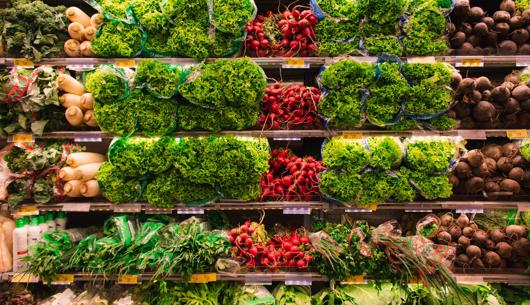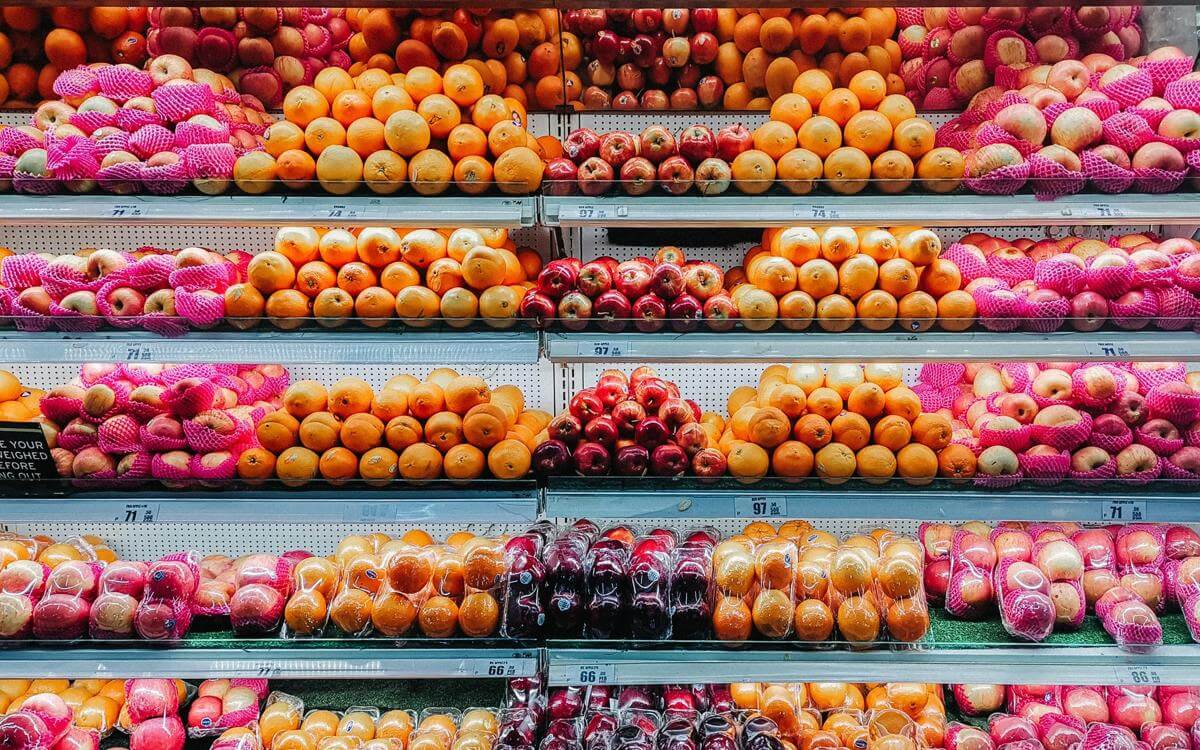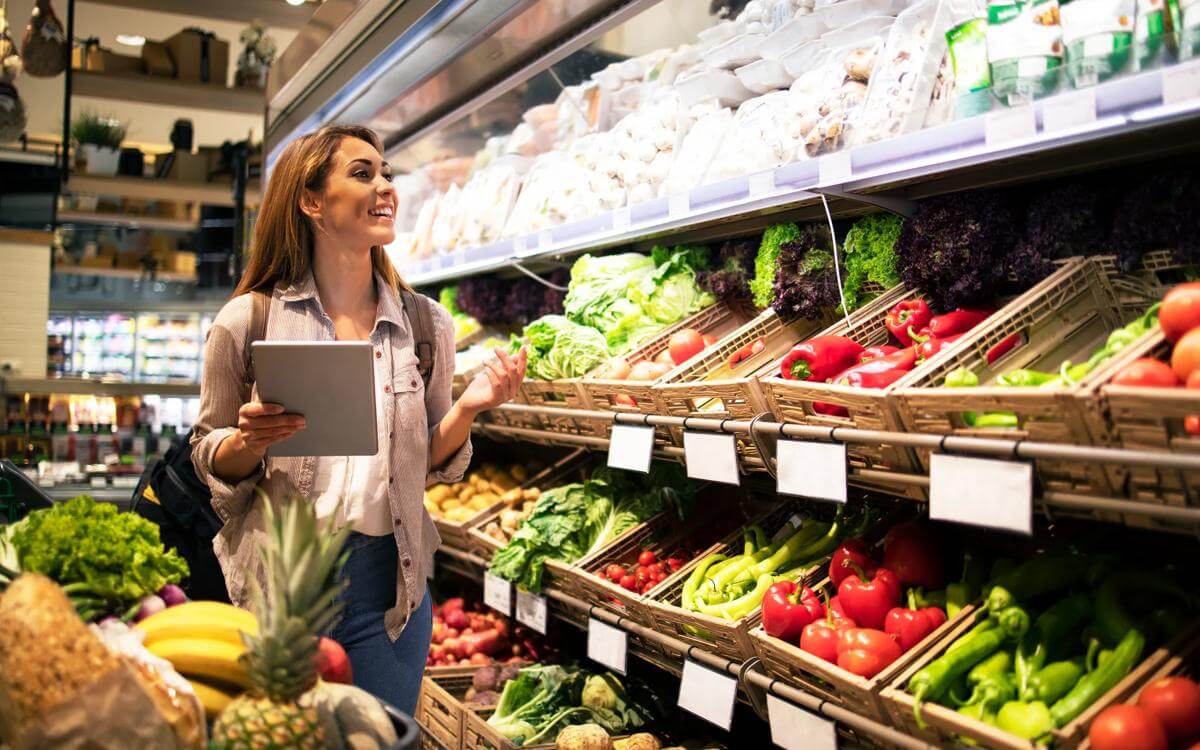It’s no secret that issues in the supply chain can cause real problems for businesses, with food manufacturers being no exception. Taking the steps to prevent potential issues from arising and helping to minimise their impact is imperative.
Supply chain disputes could arise from general circumstances, such as transportation issues like train/port strikes leading to disputes arising out of contractual delay, or the need to increase costs during the contractual term - which may not be permitted under the contract. Additionally, global conflicts (such as the war in Ukraine) may lead to frustration of contracts.
Conditions have been challenging for some businesses in the vegan and meat substitute sectors due to social issues, which can in turn impact on the ability to fulfil contracts. For example, the surge in the cost of living has seen some people moving away from vegan foods back to traditional meat foods.
In terms of the preventative measures to be taken, firms can undertake an audit of the supply chain, and review the contract terms (ensuring that key clauses are contained within contracts and that they are regularly reviewed). If appropriate, consider the viability of a contract and seek to renegotiate terms if necessary. Other measures could include:
- increasing supply chain viability
- evaluating business continuity plans
- following dispute mechanisms in the contract.
Contact

Amba Griffin-Booth
Principal Associate
Amba.Griffin-Booth@brownejacobson.com
+44 (0)330 045 2489








































